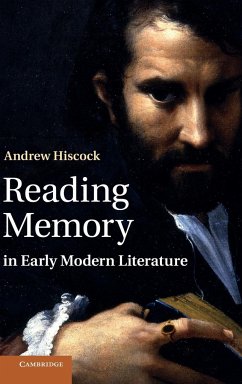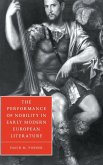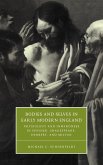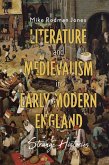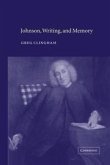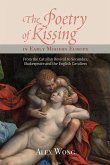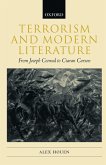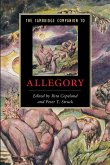Spanning the literary renaissance from the reign of Henry VIII to James I, this study addresses how generations of male and female, courtly and non-courtly writers including Shakespeare, Spenser, Donne and Jonson engaged in the vibrant debate in the sixteenth and seventeenth centuries concerning the status and function of memory. 'He who remembers or recollects, thinks' declared Francis Bacon, drawing attention to the absolute centrality of the question of memory in early modern Britain's cultural life. The vigorous debate surrounding the faculty had dated back to Plato at least. However, responding to the powerful influences of an ever-expanding print culture, humanist scholarship, the veneration for the cultural achievements of antiquity, and sweeping political upheaval and religious schism in Europe, succeeding generations of authors from the reign of Henry VIII to that of James I engaged energetically with the spiritual, political and erotic implications of remembering. Treating the works of a host of different writers from the Earl of Surrey, Katharine Parr and John Foxe, to William Shakespeare, Mary Sidney, Ben Jonson and Francis Bacon, this study explores how the question of memory was intimately linked to the politics of faith, identity and intellectual renewal in Tudor and early Stuart Britain.
Hinweis: Dieser Artikel kann nur an eine deutsche Lieferadresse ausgeliefert werden.
Hinweis: Dieser Artikel kann nur an eine deutsche Lieferadresse ausgeliefert werden.
'Hiscock offers a fascinating account of the nature and uses of individual and cultural memory in the early modern period ... he elegantly demonstrates ... that remembering, committing to memory and memorialising were notions - and actions - at the very heart of identity formation through the course of the long sixteenth century.' Greg Walker, University of Edinburgh

